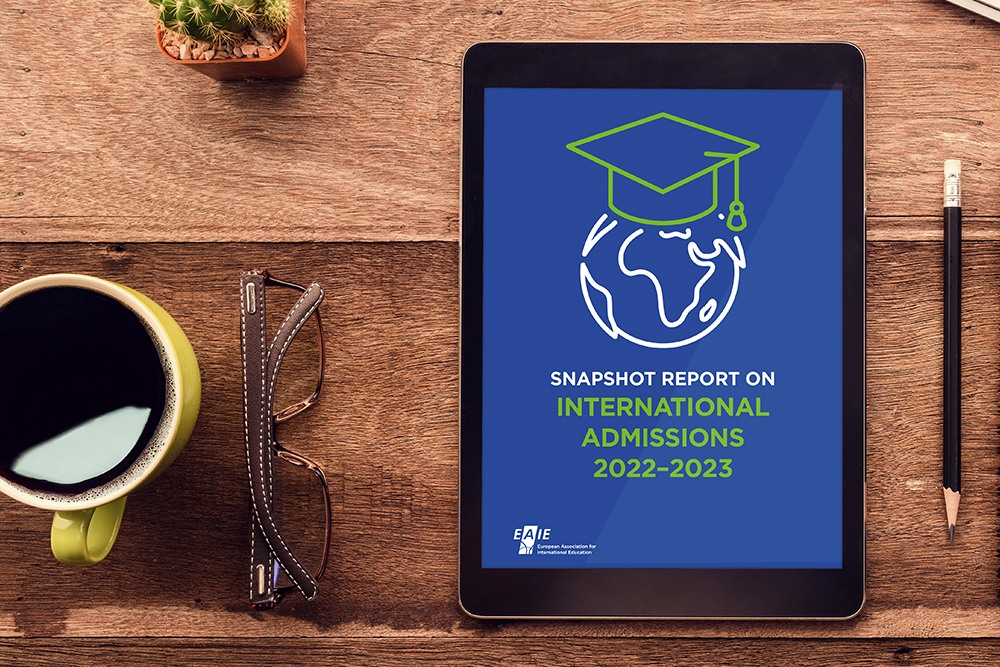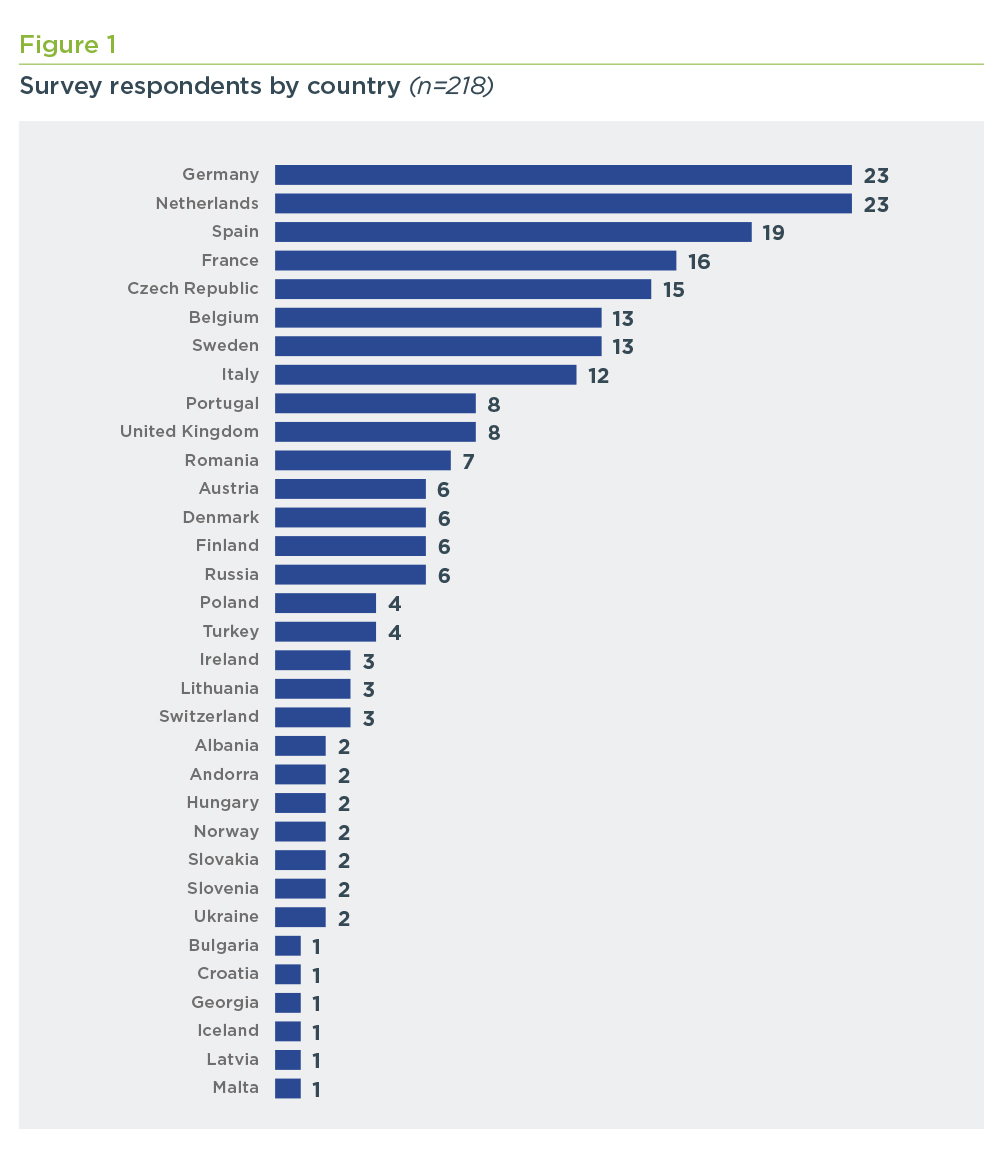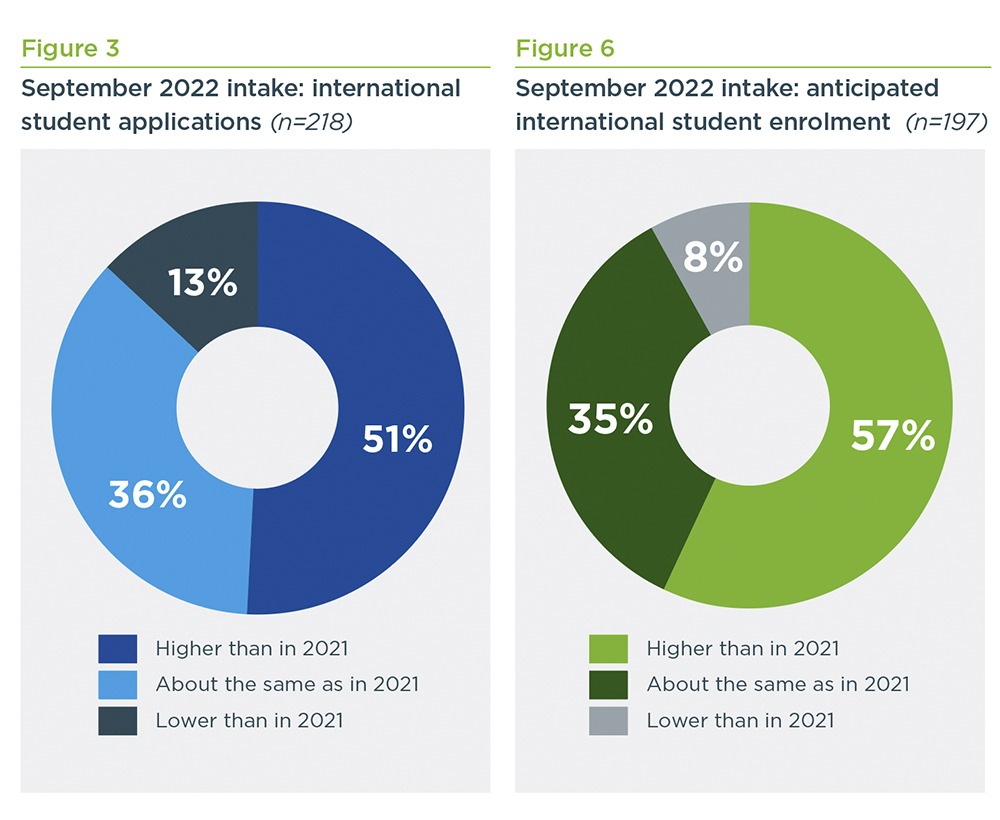International admissions for 2022–2023: what lies ahead?

The enrolment of international students is a fundamental reference point for many higher education systems and institutions across Europe in their efforts to internationalise their campuses and learning communities. For the past two years, however, international mobility has been hindered by restrictions placed on travel by the COVID-19 pandemic and related challenges. Now in 2022, there are signs of both hope and new complexities.
On the one hand, there is wide availability of coronavirus vaccines in many countries around the world, in addition to more experience living with the realities of this public health threat. At the same time, as of late February, war has broken out on European soil, with Russia’s attacks on Ukraine generating a major humanitarian crisis and both political and economic shockwaves across Europe and beyond. What do international admissions numbers for the 2022–2023 look like against the backdrop of this mixed state of affairs?
In order to gauge developments in this area, the EAIE undertook a brief snapshot survey exercise in the period 15–24 March 2022. Much like a similar data collection effort in June–July 2021, the goal of the 2022 survey activity was to gather quick impressions from international admissions staff across the European Higher Education Area as to application numbers and expected enrolment for the coming academic year in comparison to previous performance of their institutions in these areas.
Though the overall number of respondents was smaller than in the 2021 survey exercise, the 2022 responses provide insights from higher education institutions in more than 30 countries and across a wide array of higher education systems and contexts. The total student population represented by the respondent institutions exceeds 3 million, slightly more than 14% of which are international students.

The headline story when it comes to international student applications is one of both growth and stability; 87% of respondents indicate that their international student numbers for 2022 are either ahead of or on par with their numbers for 2021. The same is true for anticipated enrolments, with an overwhelming 92% of respondents anticipating steady or more robust enrolment numbers in 2022 than they saw in 2021.
The headline story when it comes to international student applications is one of both growth and stability

But, there’s more to this story beyond the headline findings, of course. The snapshot report provides additional information about how actual 2021 enrolment numbers looked in comparison to pre-pandemic levels, which helps to place the anticipated 2022 numbers in better context. Additional findings shed light on the size of the increases in application and anticipated enrolment numbers reported by respondents, and variations in this reporting across countries.
The report also synthesises information provided by respondents about their expectations in relation to enrolment of Ukrainian students for the coming academic year, and plans to ease (or not to ease) admission or recognition procedures for Ukrainian or other students displaced by the crisis in Ukraine. Along these same lines, it explores the range of indications provided by respondents in relation to how their institutions are now approaching admissions and enrolment of Russian students.
The data collected in March 2022 begins to paint a picture of both pragmatism and cautious optimism
None of us can know how the final picture of international student admissions and enrolment will shake out for 2022–2023, but the data collected in March of 2022 begins to paint a picture of both pragmatism and cautious optimism.





